We are specialized in manufacturing all kinds of metal conduit,
Hangzhou Fanyumeier Trading Co., Ltd

-
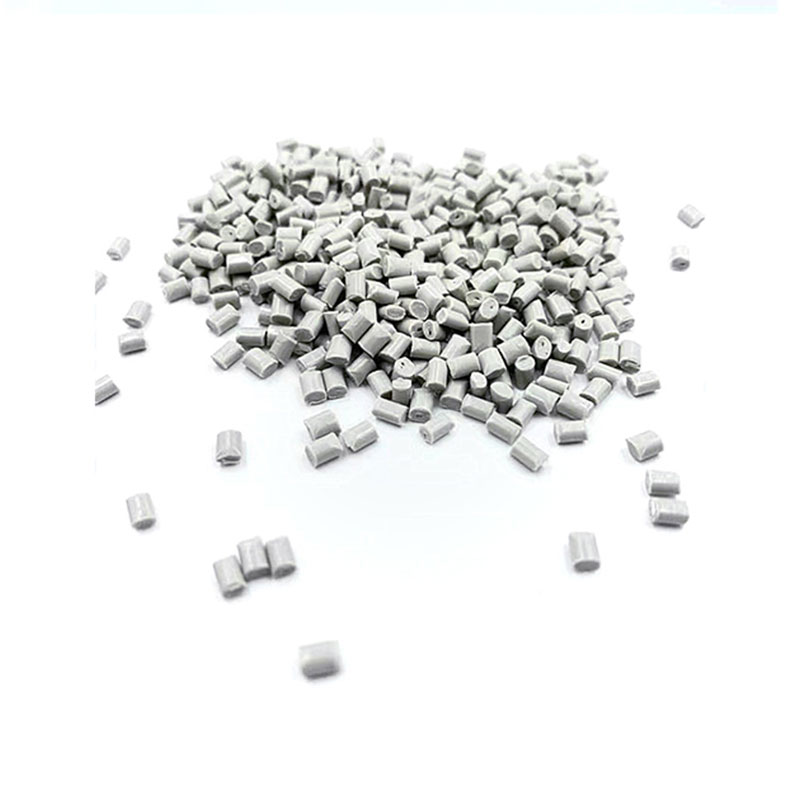
HDPE raw material black granules used in pipes
Read more -
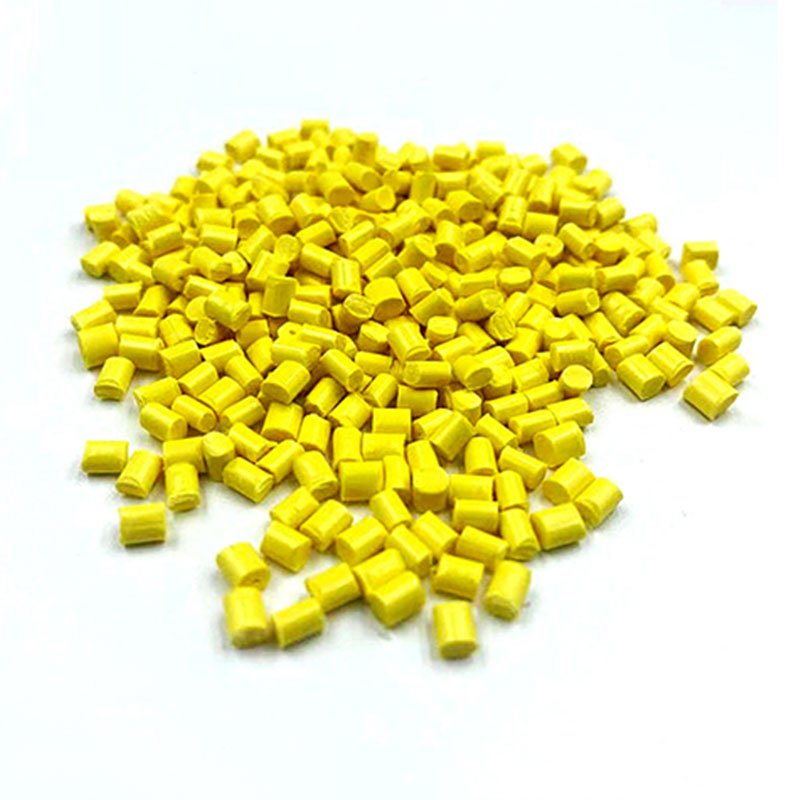
Polyethylene Yellow Pellets
Read more -
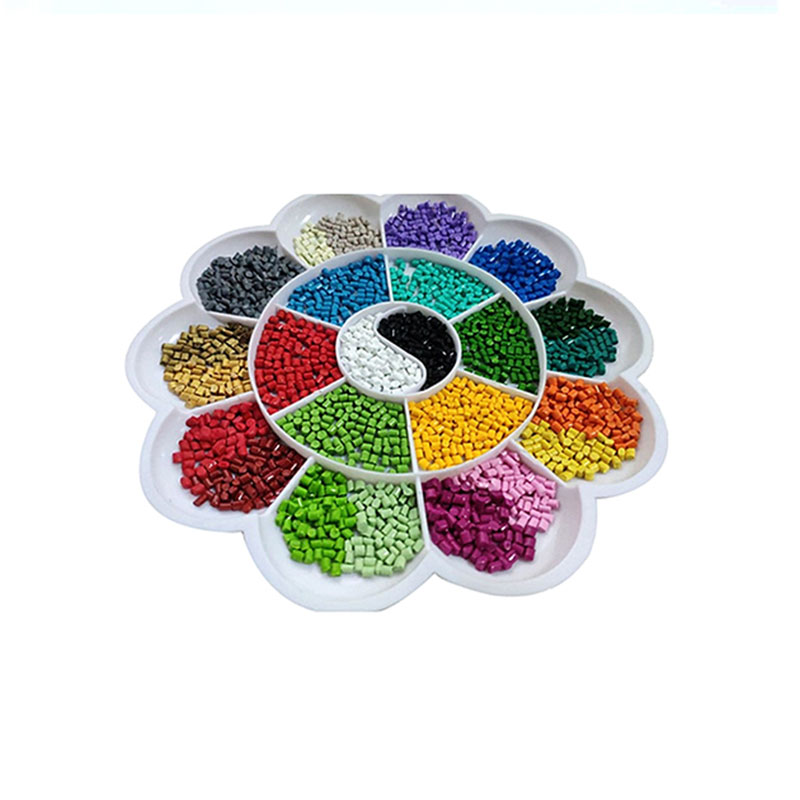
Low density polyethylene pellets
Read more -
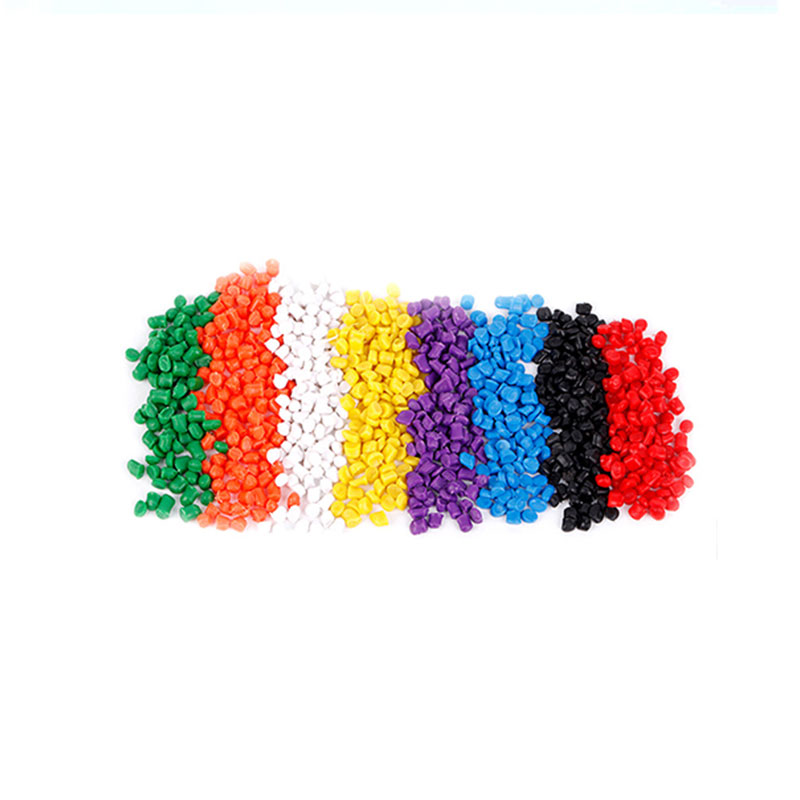
High density polyethylene pellets
Read more -
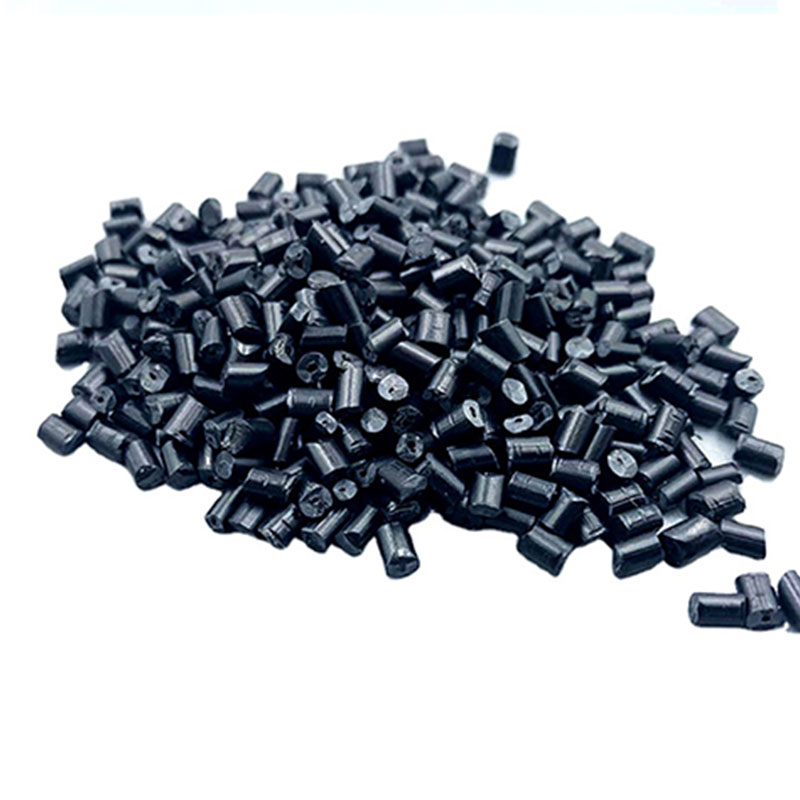
High density PVC raw material granules for pipe and hose
Read more -
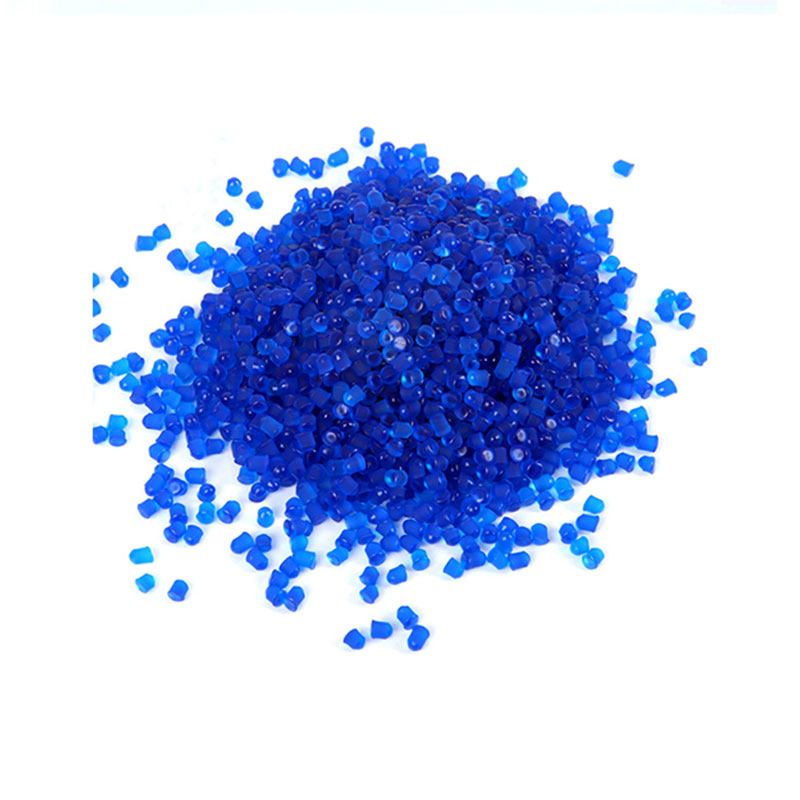
Blue PVC granules
Read more
When we talk about the production of plastic products, one term that often comes up is plastic granules. To put it simply, plastic granules are small, uniform pellets made by melting and cooling plastic resin. These granules are used as raw materials for various plastic products that we rely on in our daily lives, such as bags, bottles, toys, and containers. But what exactly makes plastic granules significant, and what are the benefits of using them in plastic production? Let's dive deeper into the world of plastic granules and explore why they are crucial to the plastic industry.
Plastic Granules - the tiny building blocks of modern life. From the screens of our smartphones to the dashboard of our cars, plastic has become an essential material for nearly every aspect of our lives. And it all starts with plastic granules, the raw material that is melted, molded, and transformed into the countless products we use every day.
Introduction: what are plastic granules?
A plastic granule is a small particle of plastic. Plastic granules are used in the production of many different items, including plastics, rubbers, and adhesives. There are many different types of plastic granules, each with its own specific properties and uses.
The most common type of plastic granule is polyethylene terephthalate (PET). PET is a strong, lightweight plastic that is often used in food and beverage packaging. PET can be recycled and reused multiple times.
Another common type of plastic granule is polypropylene (PP). PP is a durable plastic that is often used in packaging materials and consumer products. PP can be recycled but not as easily as PET.
Polystyrene (PS) is another type of plastic granule. PS is a lightweight plastic that is often used in food packaging and disposable cups and plates.
The benefits of using plastic granules
In many manufacturing and industrial settings, plastic granules are used. These granules are derived from recycled materials and offer a number of benefits over other types of granules. For example, plastic granules are less likely to break down over time, making them a more sustainable product. They are also typically more cost-effective than other options, which makes them a popular choice for businesses. Additionally, plastic granules can be customized to meet the specific needs of a company or project.
The advantages of using plastic granules
As the world becomes more and more industrialized, plastic is becoming an increasingly popular material for products. Plastic granules are a versatile and affordable option for manufacturers, and there are many advantages to using them.
First, plastic granules are extremely versatile. They can be molded into any shape or size, making them ideal for a variety of products. Second, they are very affordable. Plastic granules are a fraction of the cost of other materials like metal or glass.
The different types of plastic granules
Plastic is a common material that is used in a variety of products. It can be made into different shapes and sizes, and can be either hard or soft. There are many different types of plastic, each with its own properties and uses. The most common type of plastic is polyethylene, which is used in packaging, containers, and bottles. Other types of plastic include polypropylene, polystyrene, and polyvinyl chloride.

















